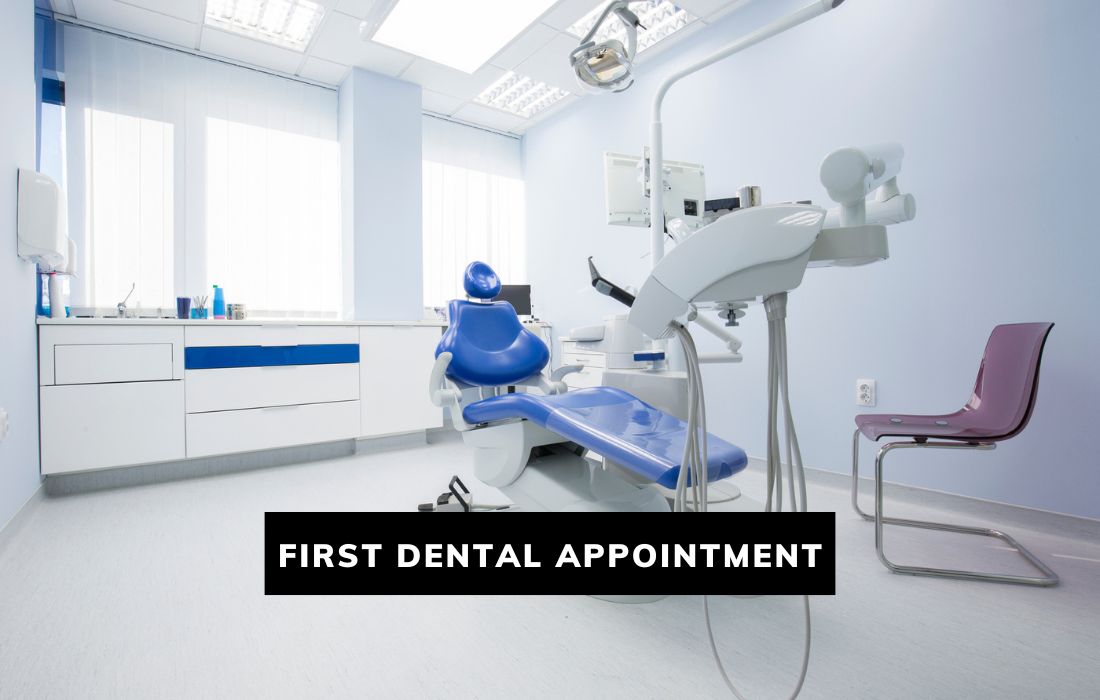Good oral health is more than having a nice smile. Our teeth and gums are closely linked to our brain’s health in ways we’re just starting to understand. This surprising connection shows us that what happens in our mouth can affect our entire nervous system.
In this blog we will explore the relation of Oral cavity and brain health.
How is Oral Health Connected to Neurology?
The association between oral health and neurology is multifaceted and significant. Poor oral health can lead to detrimental changes in brain structure. It may contribute to neurological disorders, which makes it inevitable to see a neurologist.
If you are experiencing symptoms such as persistent headaches, memory loss, or other cognitive impairments that could be linked to oral health issues.
Different types of headaches can be a cause of poor oral health. Cavities, Gum disease, and other Oral Pathologies can contribute to or aggravate headaches.
Oral health issues cause tension headaches or migraines by the nerves that innervate the face and jaws.
Mouth’s dense network of nerves, closely linked to the brain, allows oral issues to have immediate neurological impacts.
Conditions such as tooth abscesses can lead to neural inflammation, exemplifying how oral health problems can swiftly affect the nervous system.
Indirectly, chronic oral diseases like Periodontitis cause systemic inflammation, adversely affecting the brain. This systemic response can exacerbate or potentially trigger neurological disorders, including neurodegenerative conditions like Alzheimer’s disease.
Oral bacteria entering the bloodstream may contribute to brain inflammation and plaque formation, which are central to these conditions. An imbalance in the oral microbiome can lead to persistent systemic inflammation, which has negative effects on brain health.
This underlines the importance of comprehensive oral care for maintaining overall neurological well-being and preventing neurodegenerative diseases.
Preventions and Recommendations for Oral Health
Good oral hygiene is essential for avoiding neurological health. Regular brushing, flossing, and dental check-ups help in the early detection and management of oral cavity diseases. These habits are the base for halting the buildup of plaque and the onset of gum diseases.
A balanced diet, low in sugar and acids, is crucial for maintaining oral health.
Additionally, lifestyle changes such as quitting smoking and reducing alcohol consumption are important, as these are directly linked to various oral problems.

Understanding healthcare coverage is vital for those needing extensive dental care. It’s essential to ask questions like “Is oral surgery covered by Medicare?”. To explore the specific provisions and limitations of Medicare plans regarding dental procedures.
Staying informed about oral health help in better decision-making and a comprehensive approach to overall well-being.
Education on oral health is also crucial. Being informed about the latest research, techniques, and advancements in dental care empowers individuals to take steps in their oral health management.
Wrapping Up
Oral health and neurological health are closely related. Their connection emphasizes the importance of holistic health management.
It is a reminder that every part of our body is linked in more ways than we might perceive. And caring for one aspect has deep effects on overall health and well-being.
Read Next: 3 Key Trends Affecting Public Health and Wellness





